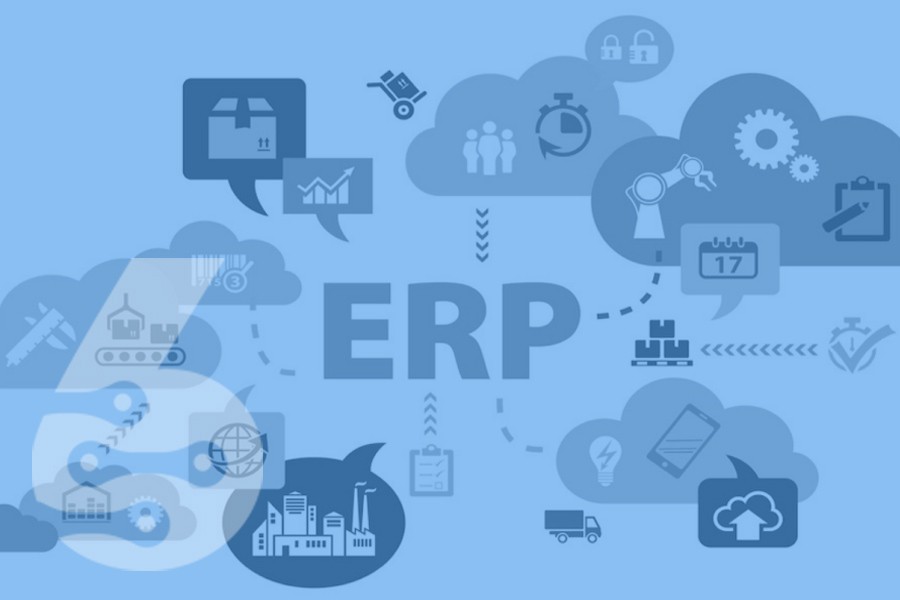Third-party applications are software programs that have not been developed by the author of the ERP. These applications can be used to supplement or extend the functionality of an ERP system. Common examples of third-party applications include CRM and accounting software. While most ERP systems come with some basic third-party applications, organizations may need to purchase additional software to meet their specific business needs.
Third-party applications can be integrated with an ERP system in a number of ways. Some applications are designed to work specifically with a particular ERP system, while others can be integrated using middleware. Integration can be done at the database level, application level, or user interface level. Depending on the level of integration, third-party applications may be completely integrated with an ERP system or they may simply exchange data with the ERP system.
The benefits of using third-party applications with an ERP system include increased functionality, improved data management, and reduced costs. However, there are also some risks associated with using third-party applications. These risks include compatibility issues, data security concerns, and vendor lock-in.

Related Blog Articles

ERP implementation team structure
ERP (Enterprise Resource Planning) systems are essential for businesses of all sizes to streamline operations and increase efficiency. ERP software integrates different business processes, such as accounting, human resources, inventory control, and customer relationship management. The right team structure is critical when implementing an ERP system to ensure the implementation process goes smoothly.Having the right people on board with the correct skillsets ensures that the implementation will be successful and...
ERP Integrations - To Do or Not To Do?
This blog post will explore when you should and shouldn't execute an ERP integration.ERP integrations can offer a lot of potential benefits for companies. They can provide a way to better fit the software to the company's specific processes and needs and improve data flow between systems. However, before considering an integration, it's essential to get educated on existing software functionality and explore ways to change your procedures to match...
Understanding Customer Relationship Management (CRM)
If you want to run a successful business, it is essential to have a sound customer relationship management system or CRM in place. A CRM can help you keep track of your customers, their needs and wants, and how to best serve them. There are many different CRMs out there, so it is essential to find one that will work well for your business. This blog post will discuss implementing...Related SIX ERP Features:
Want to see SIX for yourself?
Need help, have questions or want to get a free demo?
Please read our Privacy Policy on how we process personal data. We will never share your data!



